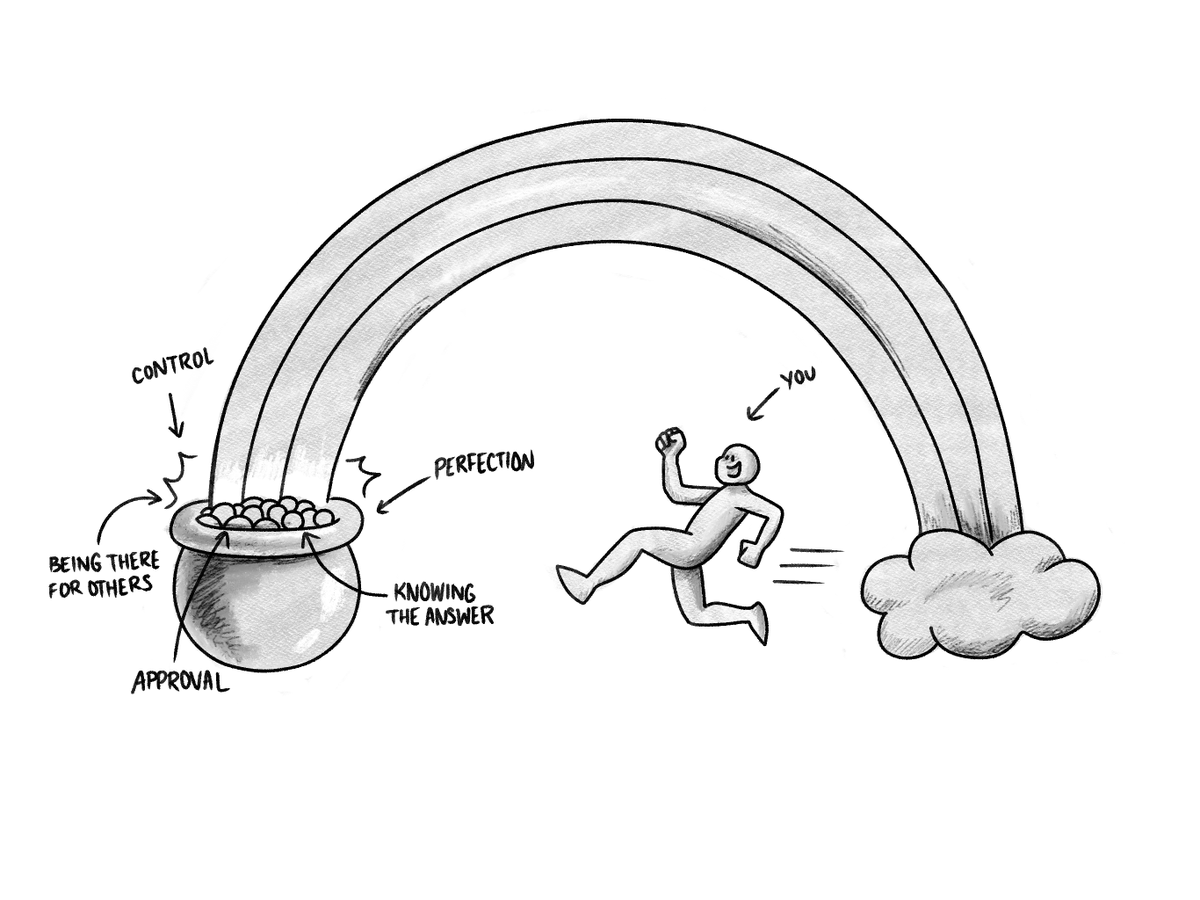A quick Wednesday #soulcare question:
What is mine to carry, what is God's to carry and what is theirs to carry?
Differentiation of self is ongoing work and clarifying loads is key.
1/
What is mine to carry, what is God's to carry and what is theirs to carry?
Differentiation of self is ongoing work and clarifying loads is key.
1/
Is there a relationship or situation where I over-function or under-function? What can I do to adjust this imbalance in a way that serves both of us?
2/
2/
Is there a recurring dynamic that keeps triggering me, where I am highly reactive? Do I tend to see the 'other' as the one to blame? What am I doing that is generating this dynamic?
3/
3/
Brave practice: What people or situations generate anxiety in me? How can put myself (safely) in that situation or with that person to practice lowering my reactivity?
Ie, if I struggle when I am misunderstood, in what meeting can I make sure I am misunderstood and be ok?
4/
Ie, if I struggle when I am misunderstood, in what meeting can I make sure I am misunderstood and be ok?
4/
Chronic Anxiety has a 'gospel' but it is always bad news. It says, 'its all on you, nothing can be done, it will always be this way.' Doom and despair.
But God is not only with us, God is already at work in that situation you're anxious about.
Rest in that easy yoke
5/5
But God is not only with us, God is already at work in that situation you're anxious about.
Rest in that easy yoke
5/5
• • •
Missing some Tweet in this thread? You can try to
force a refresh









